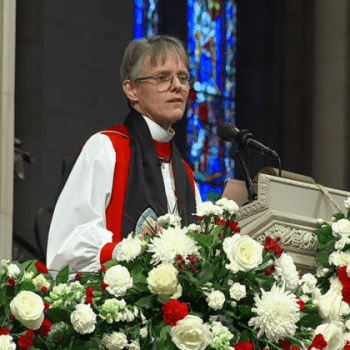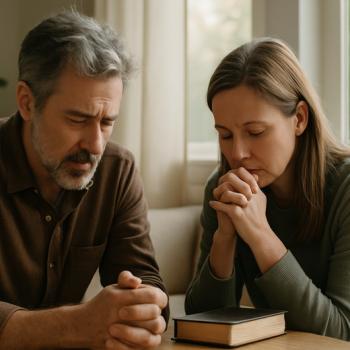In an essay titled "Contemptus Mundi and the Love of Life," Amanda Shaw explores the paradox of religious life. An order that calls itself the Sisters of Life professes contempt for the world on one hand, and on the other pledges to care for human life from conception until natural death. As Shaw observes, this is not a purely transcendent vision: The sisters "love life in is physicality, and imitating Christ, love it in its frailty." They "embrace the simplicity of the table and the solitude of the cross." To be ready for what's permanent, the Christian must cherish what isn't.
That Alcatraz first symbolized for me the promise of death and corruption, failure and collapse, is fitting. Gloom and pessimism can become a kind of prison, and the prisoner can become institutionalized—more comfortable within the walls than without. When detachment serves as a hedge against disappointment, I've found, it's easy to become attached to.
After ten years in the post-9/11 world, it's time for a jailbreak. I'm going to re-connect with old friends, savor small and affordable pleasures, even allow myself to become stressed over the future. My relations with God will probably become messier, but also livelier, and a lot more real.
Psalm 86 begins with a series of commands: "Hear me, Lord, and answer me/For I am poor and oppressed/Preserve my life, for I am loyal." If David's forgetting his manners a bit, he's doing it out of confidence—not so much in his own importance, but in the God Who desires his welfare. He is both lighting a candle and cursing the darkness.





